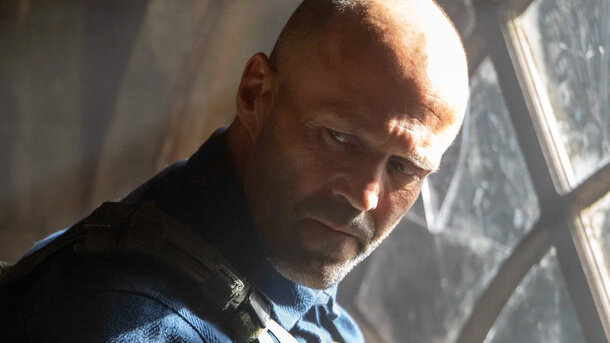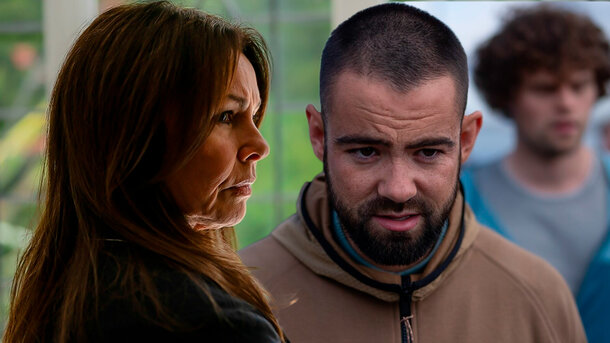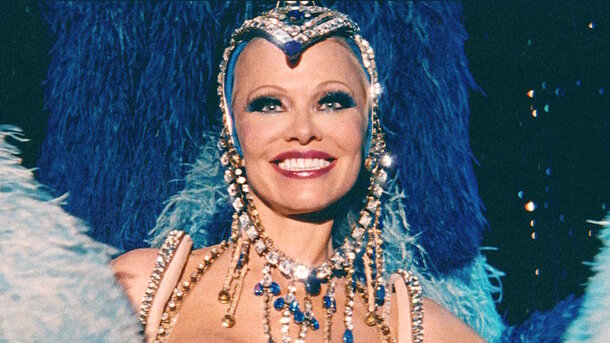There are movies that whisper. This one screamed into my bones.
I walked into I Am the Immaculate Conception (2024) expecting a quiet, spiritual exploration — something slow, possibly ethereal. Instead, I found myself submerged in a psychological freefall. Trust me, you won’t just watch this film; you’ll feel it crawling under your skin, forcing you to question everything you know about identity, belief, and the burden of being female in a world that expects you to be both divine and disposable.
What’s it About? (Without Spoilers)
Set in a remote Catholic community in contemporary Italy, the film follows the haunting transformation of young Antonia — played with raw, transcendent force by Yile Yara Vianello — as she becomes convinced she is the reincarnation of the Virgin Mary. What begins as a personal spiritual awakening quickly spirals into a societal reckoning, dragging everyone — her family, her priest, her community — into the flames of her conviction. But is it divine revelation… or a profound mental unraveling?
This is not a film about religion. It’s a film about belief — how belief can save you, destroy you, or worse, make you unforgettable.
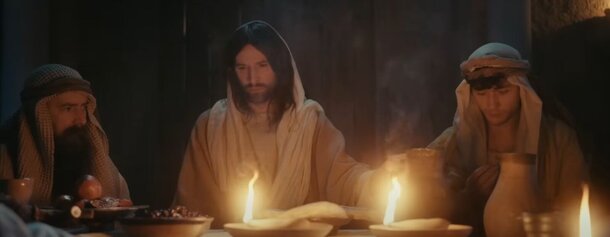
Director’s Vision: God, Guilt, and Girlhood
Giulio Base, known for his intricate work in historical and religious narratives, strips back every cinematic comfort to deliver something raw and devastatingly intimate. His direction feels almost voyeuristic — like we’ve trespassed into Antonia’s inner sanctum. Base doesn’t offer answers. Instead, he leaves breadcrumbs laced with doubt, forcing us to confront our own spiritual discomfort.
There’s a tension between modernity and mysticism that feels eerily timeless. Base’s storytelling dares you to look away, then punishes you when you do.
Standout Performances: A Revelation in Flesh
Yile Yara Vianello is… I don’t even know how to describe her. Magnetic? Terrifying? Holy? Her portrayal of Antonia is a masterclass in ambiguity. Every twitch, whisper, and tear she sheds feels sacramental. She embodies fragility and power so simultaneously it’s unnerving.
Angela Molina (of Talk to Her) as the aged nun who becomes both witness and warning, brings gravitas and a quiet ache to the film. Her eyes alone tell volumes.
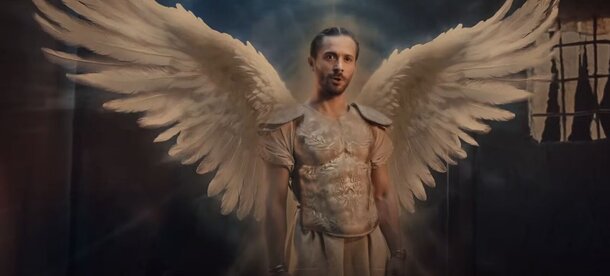
Cinematography and Sound: Sacred Shadows and Sonic Blasphemy
The visuals are stark and biblical — think Caravaggio dipped in trauma. Cinematographer Giuseppe Ricci captures a palette that shifts from sterile whites to blood-reds and bruised blues as Antonia’s world unravels. Every frame feels painted by guilt and grace.
The score, by Stefano Mainetti, is haunting in its restraint — part liturgical, part heartbeat. There’s no comfort in the music, only echoes of a holiness long lost.
Themes & Symbolism: Feminine Divinity or Fragile Delusion?
At its core, this film wrestles with the sanctification of suffering. What happens when a young girl finds power not through liberation but through pain and purity? There are layered commentaries on gender, mental illness, religious fanaticism, and how society molds women into icons — and then crushes them for daring to believe in themselves.
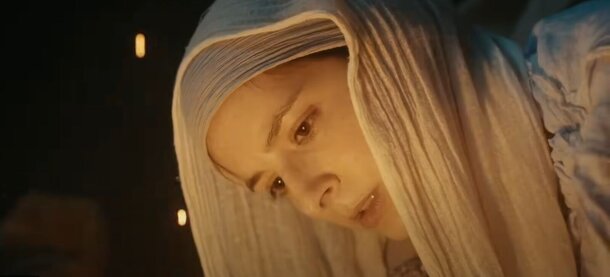
Factual Details
- Directed by Giulio Base
- Starring Yile Yara Vianello, Angela Molina, and Maya Sansa
- IMDb Rating: Currently 6.8/10
- Budget: Estimated at €2 million
- Runtime: 103 minutes
- Audience Reactions: USA vs. UK
In the UK, critics praised the film’s boldness, comparing it to Saint Maud for its unflinching descent into spiritual psychosis. British audiences leaned into the ambiguity, relishing the art-house discomfort. In the USA, reactions were more polarized. Some viewers hailed it as a brave, necessary exploration of religious trauma; others dismissed it as blasphemous or overly opaque. American audiences seemed more disturbed by the film’s portrayal of Catholicism, while the UK found fascination in its psychological layers and feminist undertones.
Final Verdict
I Am the Immaculate Conception is not an easy film. It’s meant to leave you unsettled. It demands emotional labor and spiritual vulnerability — but the payoff is an experience that feels dangerously sacred. It’s a must-watch for fans of provocative cinema that doesn’t flinch.
Rating: 8.5/10
Best For: Lovers of Saint Maud, Black Swan, and religious psychological thrillers that dare to ask, “What if belief is madness?”



